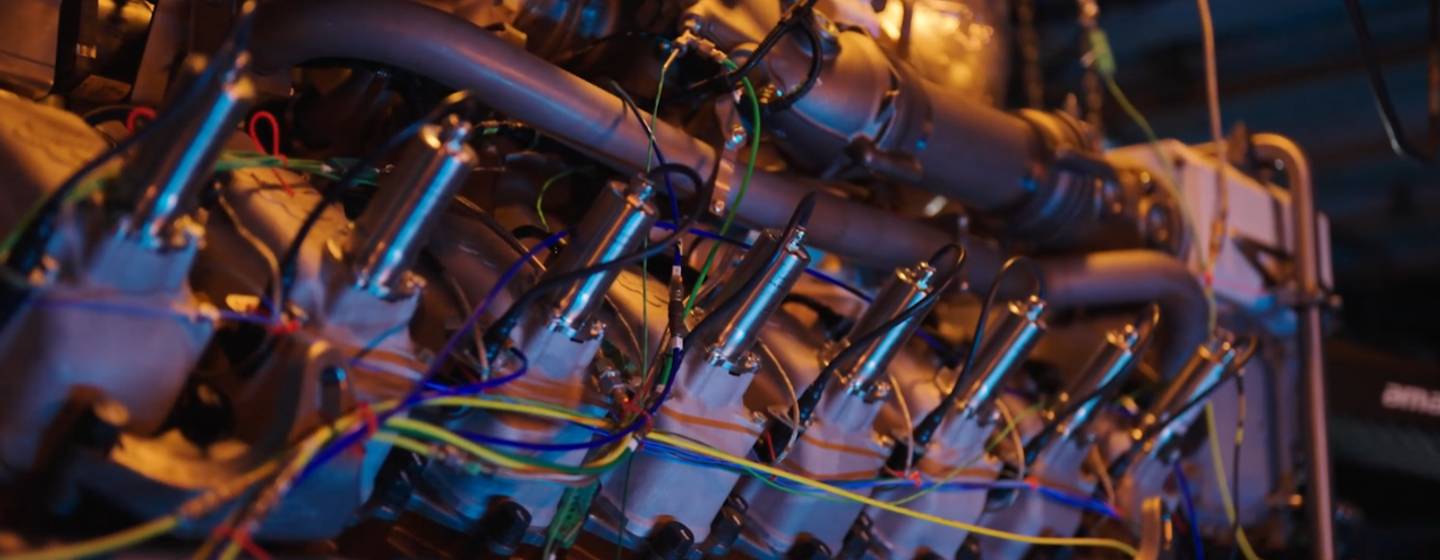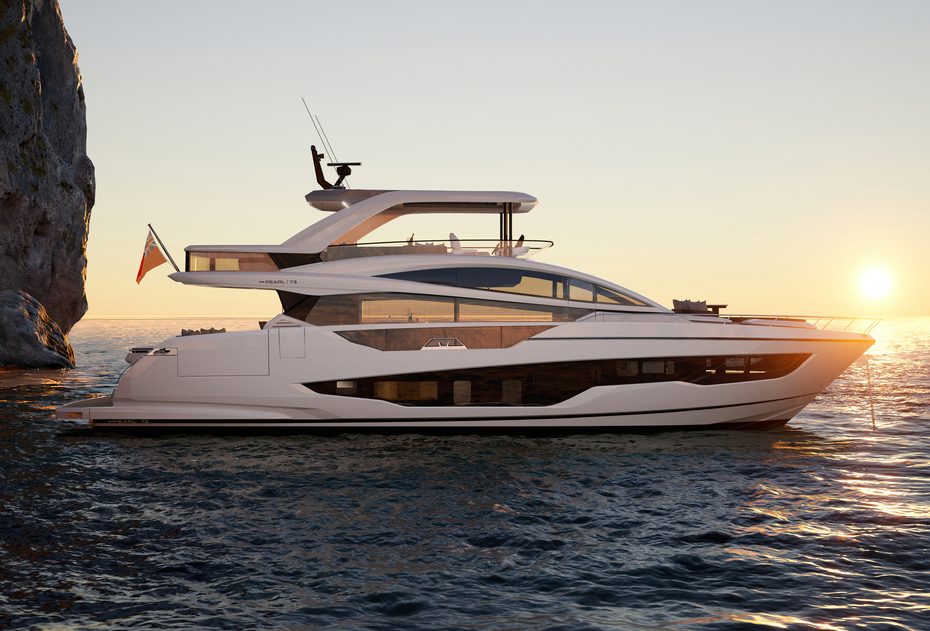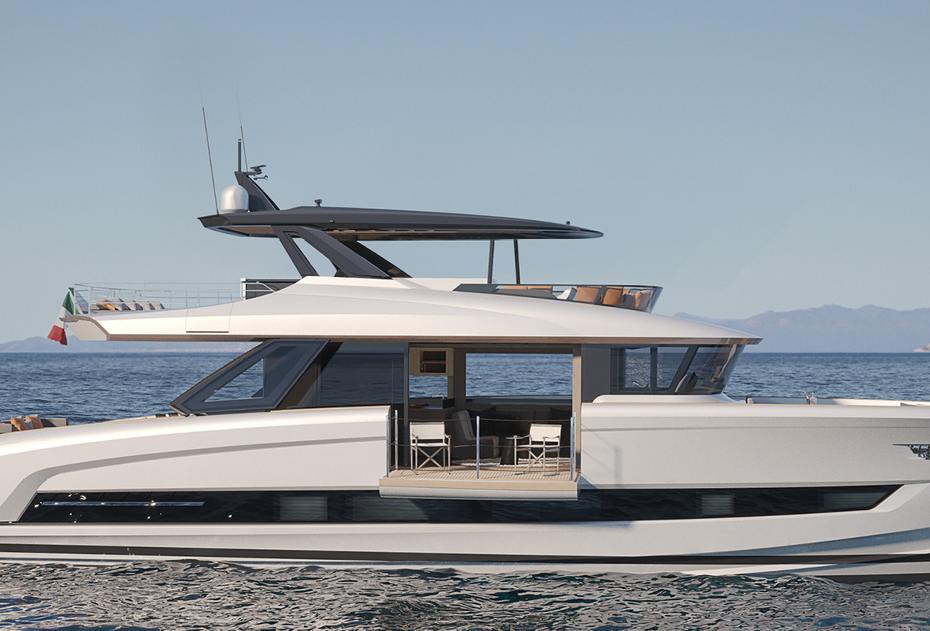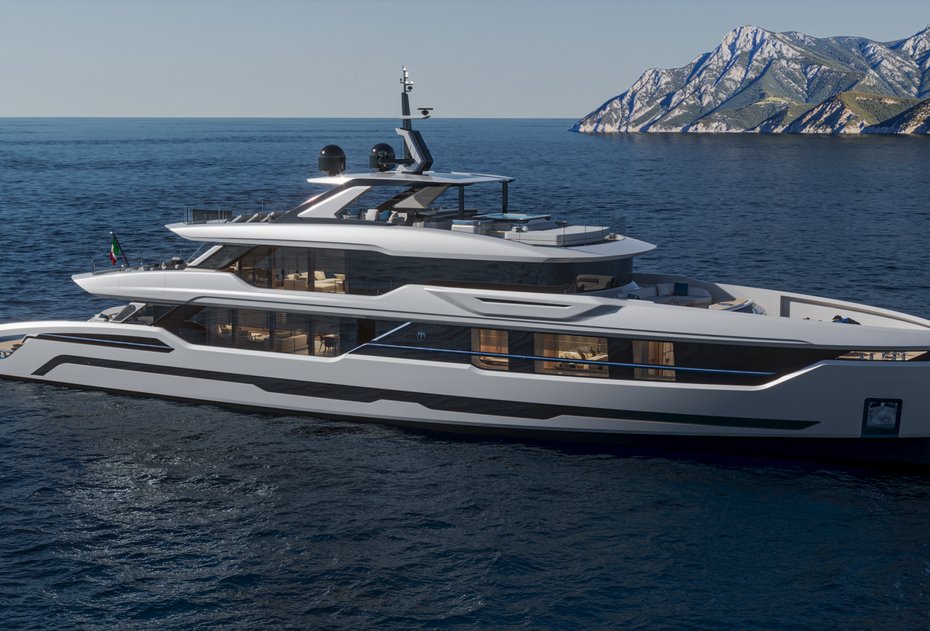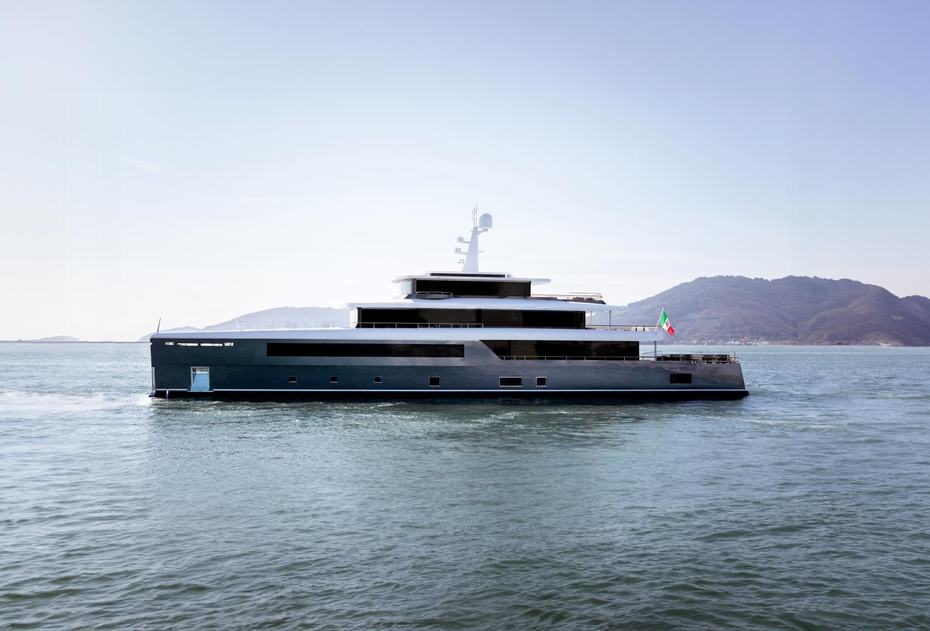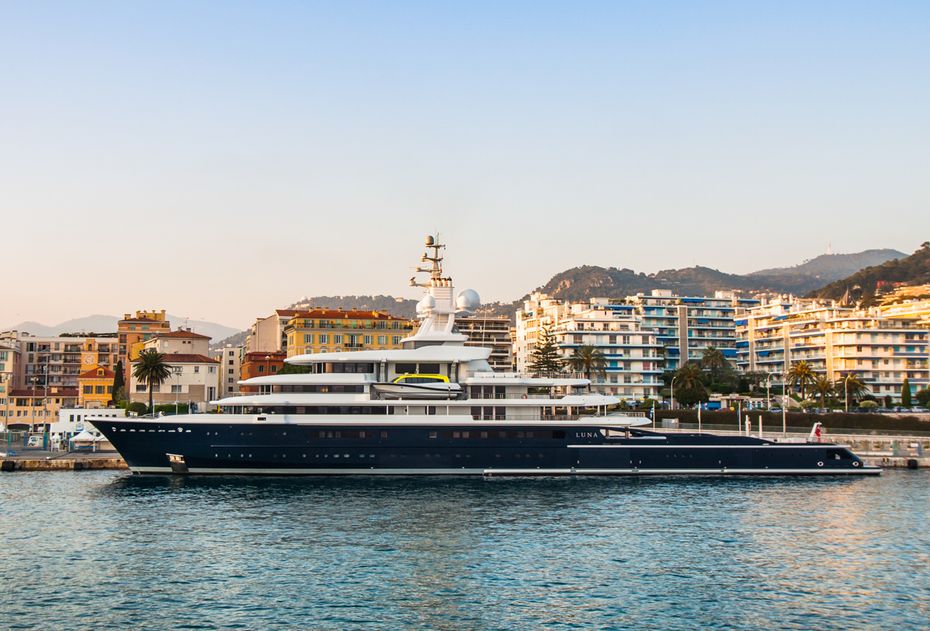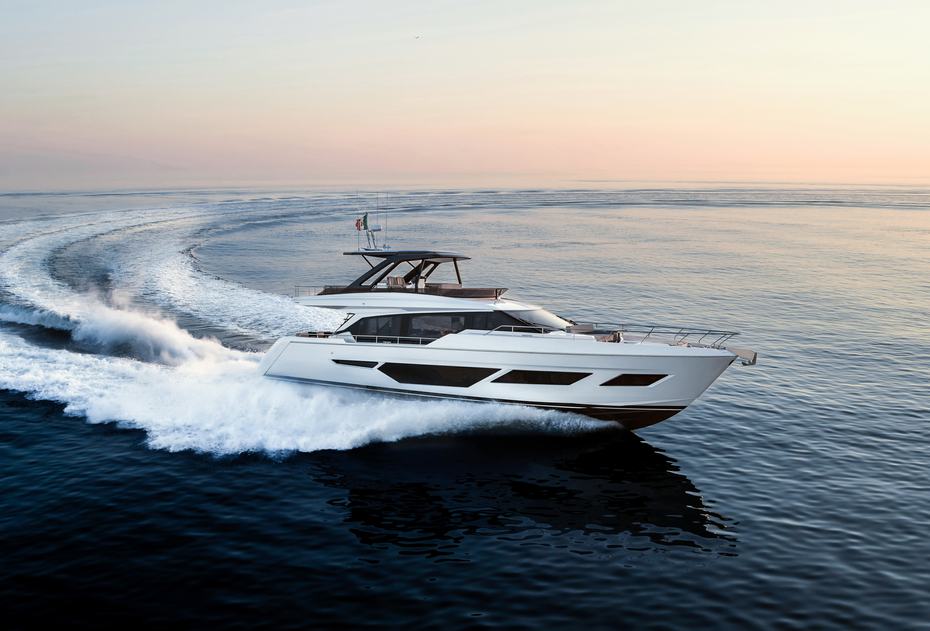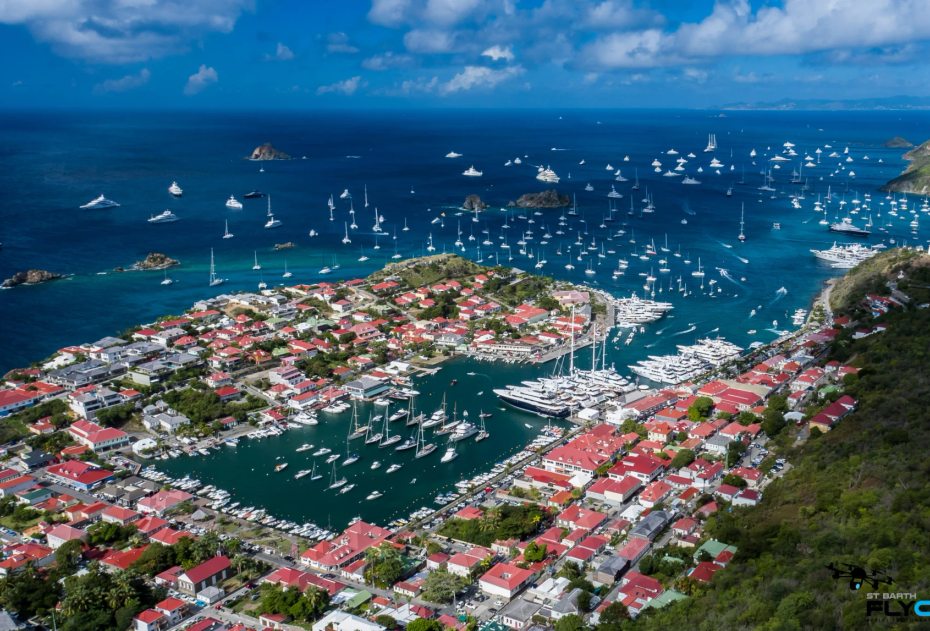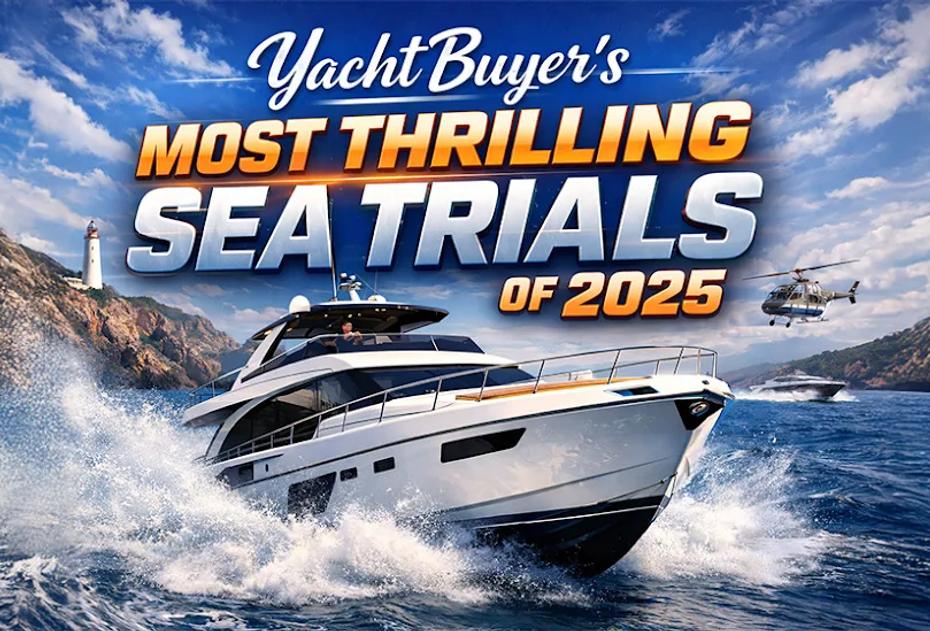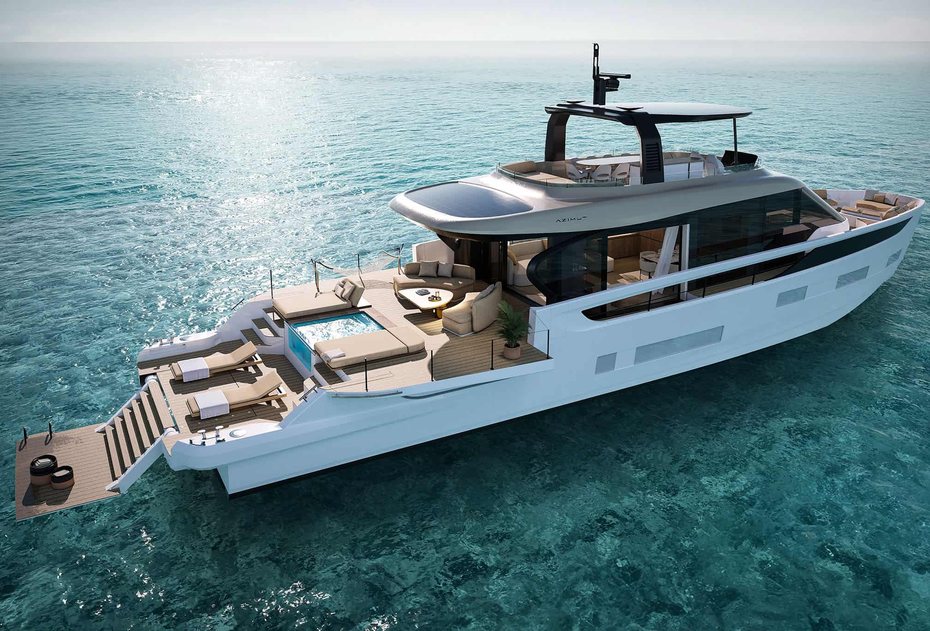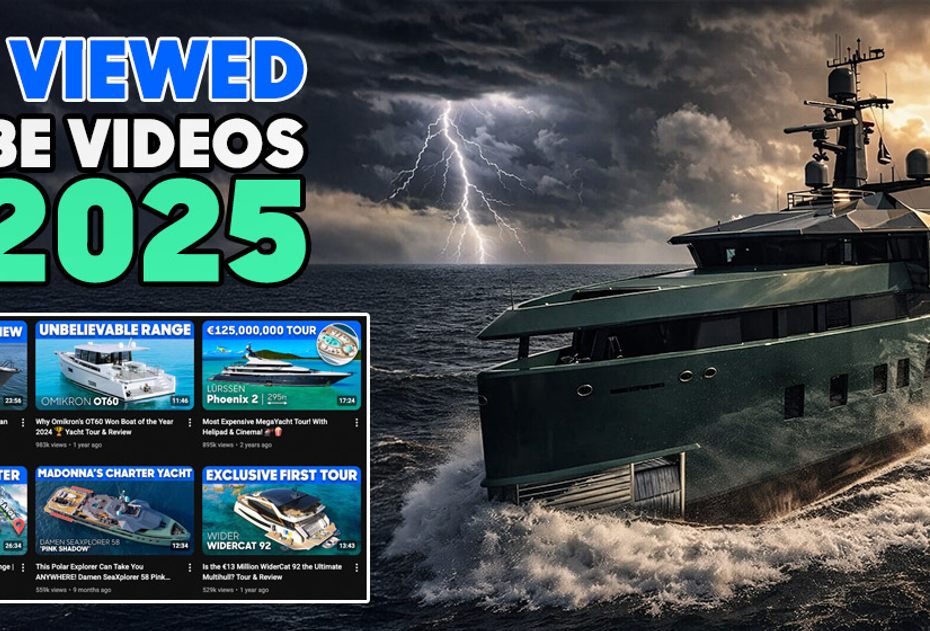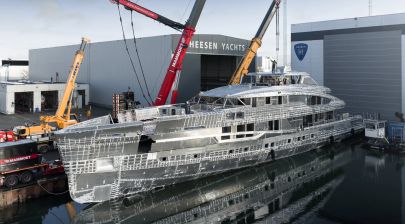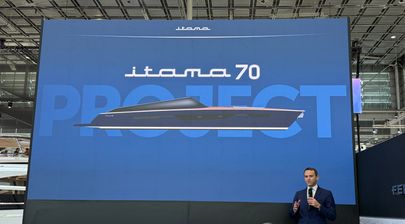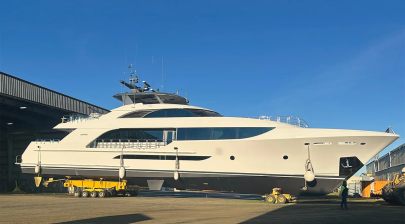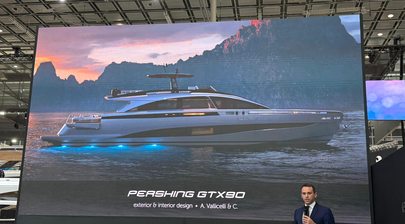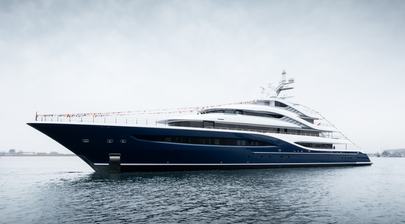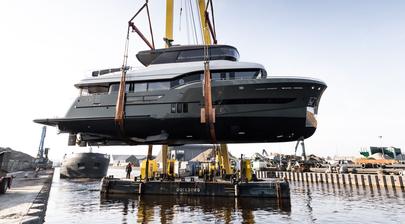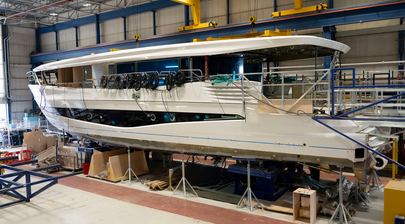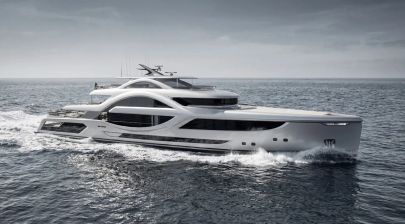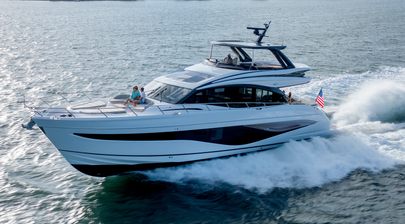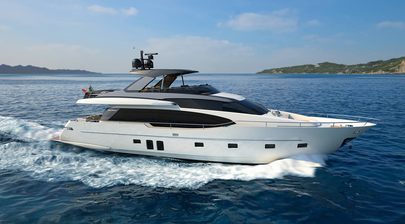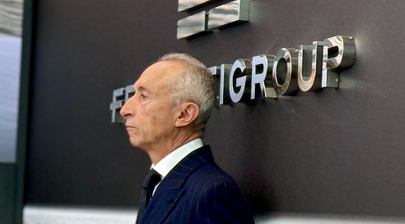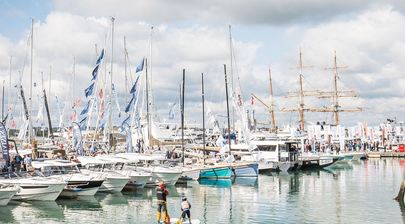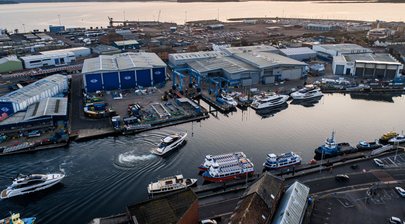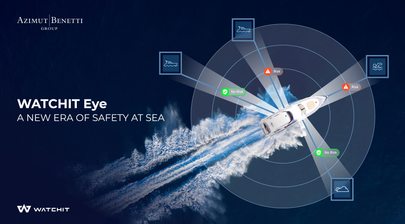The breakthrough, completed at the company’s Friedrichshafen facility in Germany, marks a key step toward reducing emissions in commercial and recreational shipping - a topic increasingly relevant as shipyards like Feadship, Benetti, and Sanlorenzo accelerate their own clean-fuel transitions.
A New Chapter in Clean Propulsion
Developed under the German-funded meOHmare research project, the engine is the first of its kind to run exclusively on methanol rather than diesel. The program unites Rolls-Royce, fuel injection specialist Woodward L’Orange, and research institute WTZ Roßlau to develop a fully CO2-neutral propulsion concept by the end of 2025.
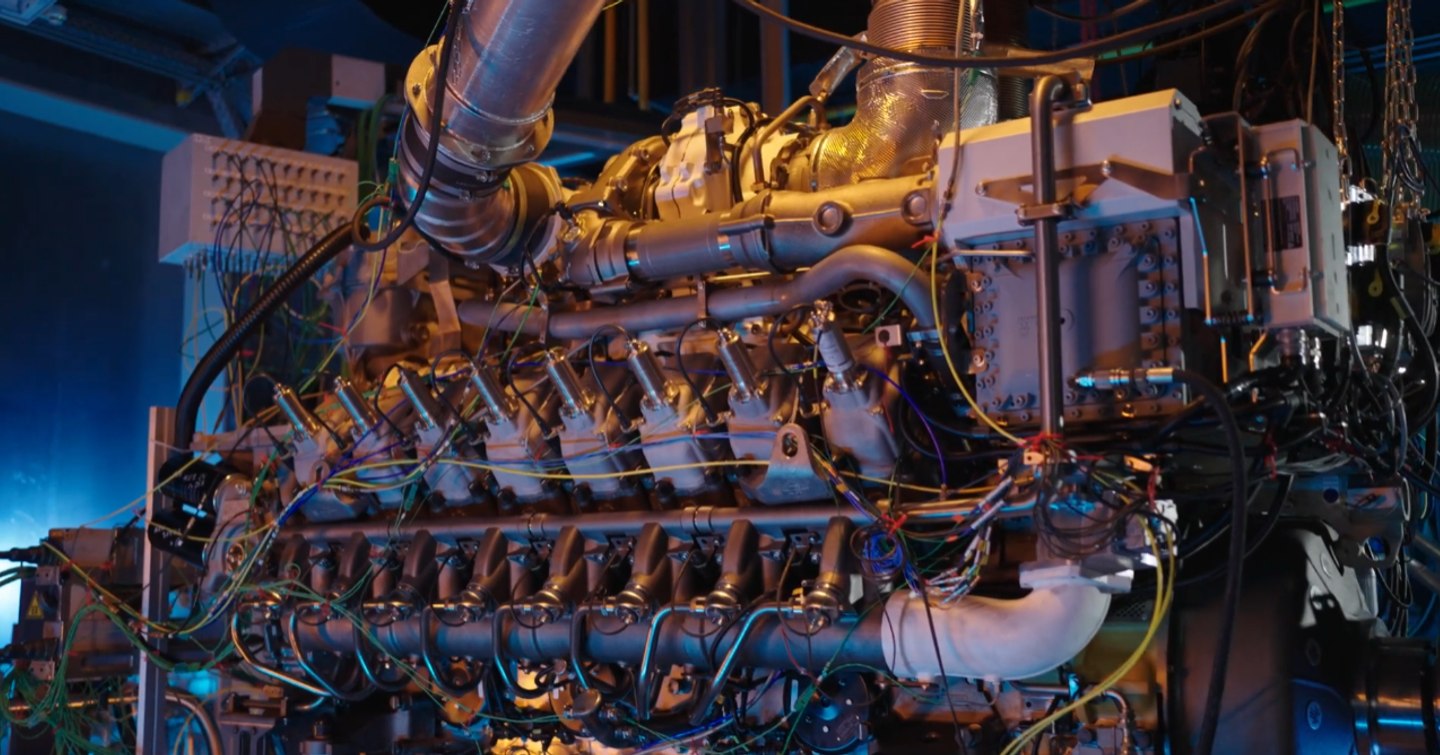
“This is a genuine world first,” said Dr. Jörg Stratmann, CEO of Rolls-Royce Power Systems AG. “To date, there is no other high-speed engine in this performance class that runs purely on methanol. We are investing specifically in future technologies in order to open up efficient ways for our customers to reduce CO2 emissions and further expand our leading role in sustainable propulsion systems.”
Redesigning the Engine from the Inside Out
Methanol presents unique engineering challenges. Unlike diesel, the liquid alcohol does not ignite spontaneously, requiring a complete redesign of the combustion process. According to Dr. Johannes Kech, Head of Methanol Engine Development at Rolls-Royce Power Systems, nearly every element had to be rethought.
“We fundamentally redesigned the combustion process, turbocharging, and engine control system – and even adapted our test bench infrastructure,” he said. “Initial tests show the engine is running smoothly. Now it’s time for fine-tuning.”
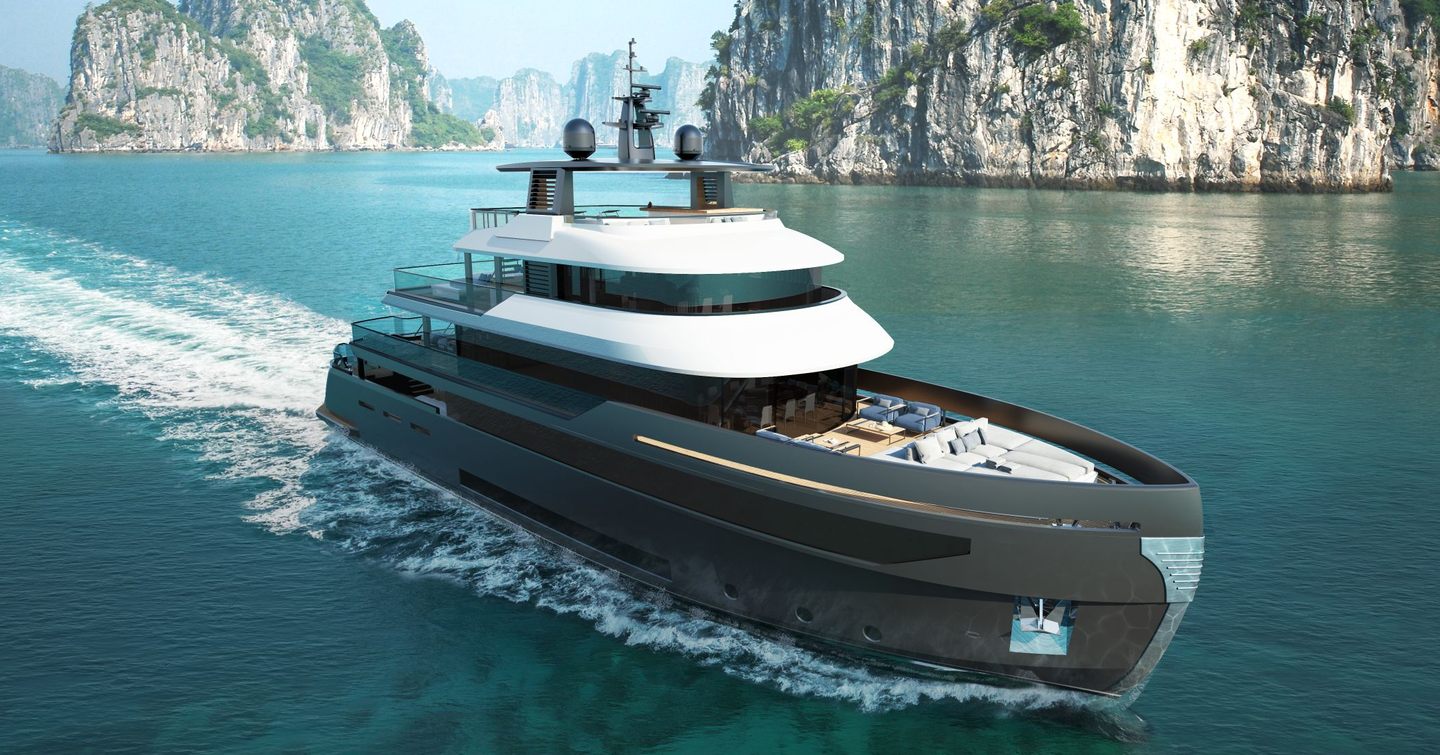
This hands-on development process mirrors the detailed engineering behind new-generation hybrid and electric yachts, such as the Benetti B.Yond 37M, which has become a benchmark for efficient long-range cruising through its diesel-electric propulsion.
Methanol as a Viable Marine Fuel
Methanol is gaining momentum as one of the most promising fuels for the maritime industry. When produced through renewable electricity in a power-to-X process, “green methanol” is considered CO2-neutral. It is also biodegradable, easy to store, and produces far fewer pollutants than traditional fossil fuels.
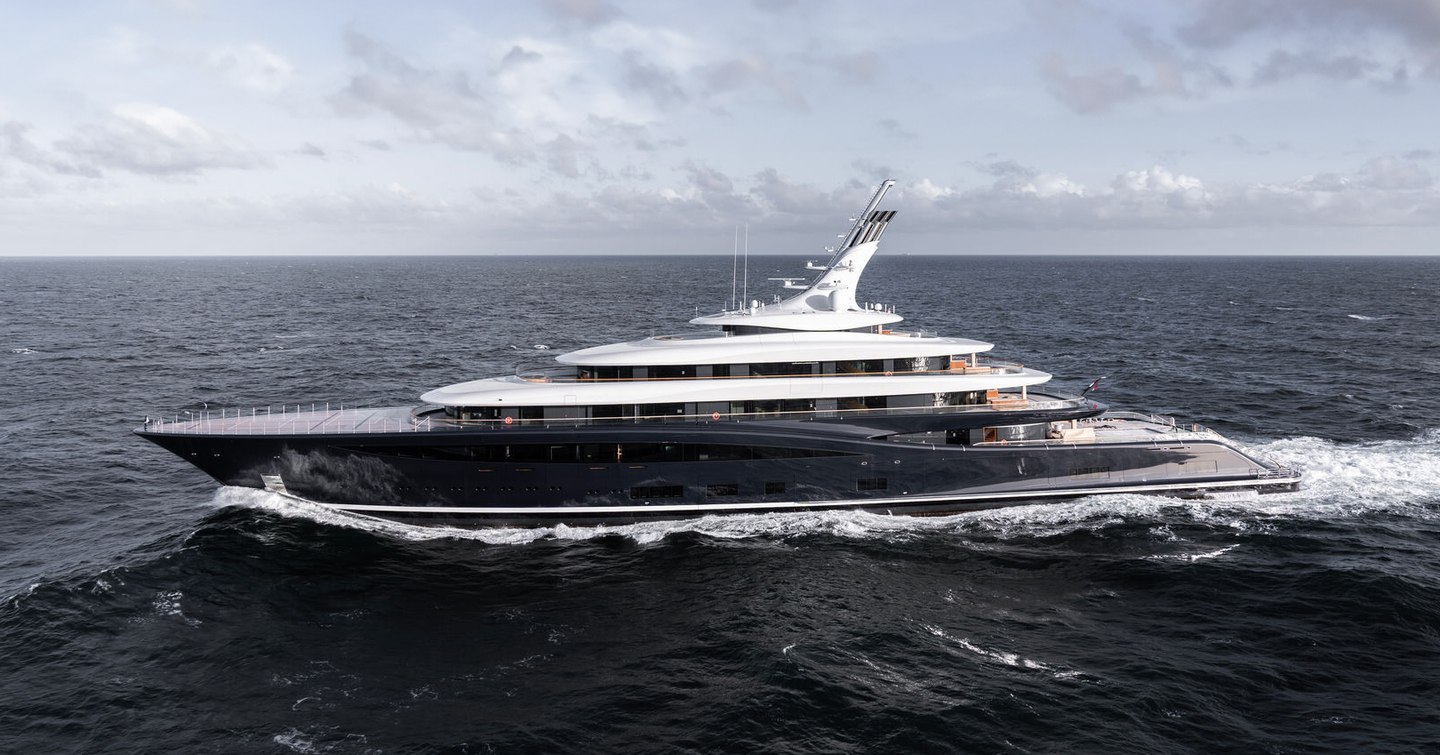
That optimism is shared across the yacht industry. The 119m superyacht Breakthrough, delivered in 2025 by Feadship, became the world’s first superyacht to feature a hydrogen fuel-cell system supported by alternative fuels such as methanol, offering a glimpse of how large luxury vessels may soon operate with dramatically reduced reliance on conventional fuels.
Toward Broader Industry Adoption
Rolls-Royce’s successful test sends what Kurtulus described as “a clear signal” to the industry: the technology for green methanol propulsion is ready. “The single-fuel methanol engine is particularly attractive for ferries, yachts, and supply vessels looking to lower their carbon footprint,” she said. “The next step is establishing the right framework for wider adoption.”
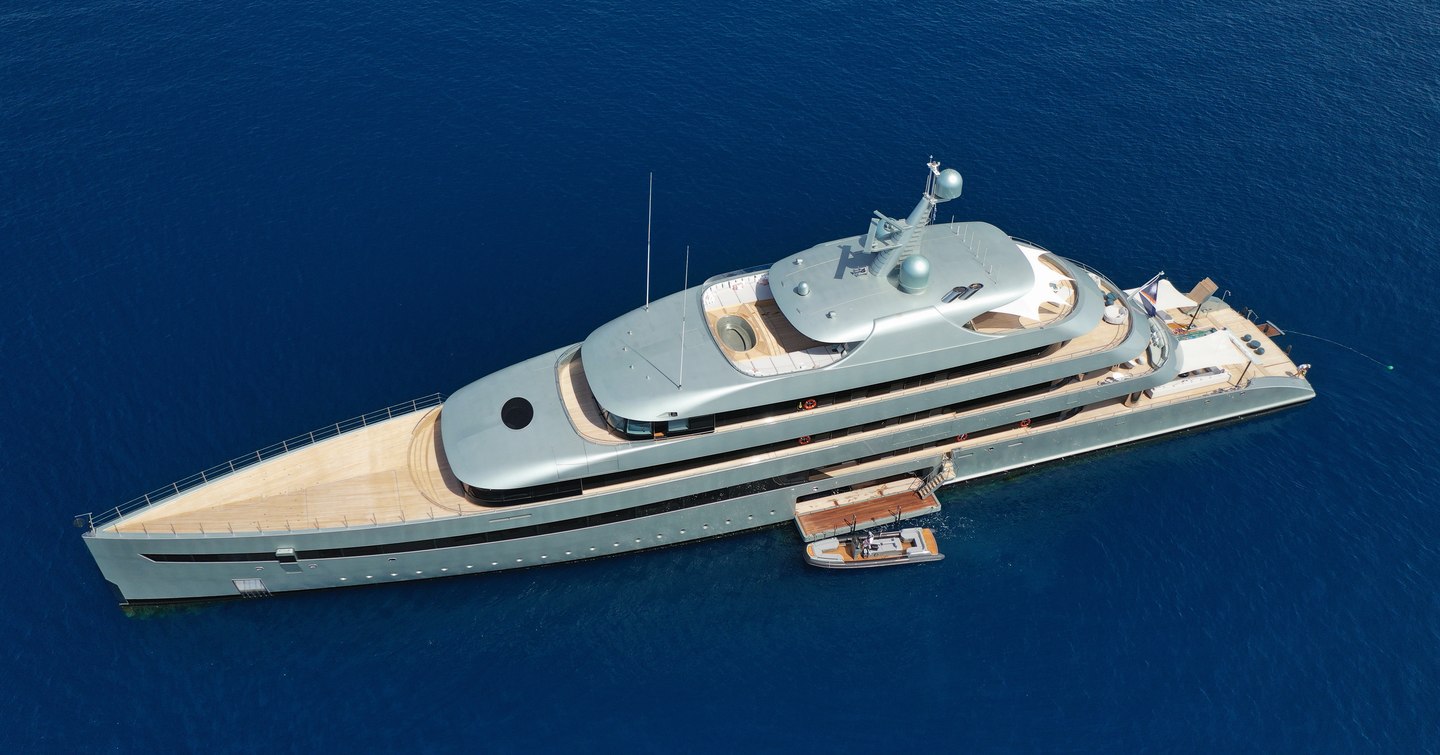
In parallel, Rolls-Royce is developing dual-fuel systems that can run on both methanol and diesel, serving as a bridge until green methanol becomes more widely available. This mirrors the flexible approach already seen in projects like the Feadship Savannah, an early hybrid yacht that set the standard for transitional propulsion.
With its methanol engine now proven in test conditions, Rolls-Royce is positioning itself at the forefront of maritime decarbonization. The meOHmare project aims to finalize a fully operational, CO2-neutral methanol propulsion system by late 2025 - a milestone that could influence both commercial shipping and the next generation of clean-energy yachts.
Looking for your dream yacht? View all new and used superyachts for sale, tracked in real-time by YachtBuyer MarketWatch. We scan the entire market to ensure access to all genuine listings, saving you time. Alternatively, you can view all yachts for sale.
